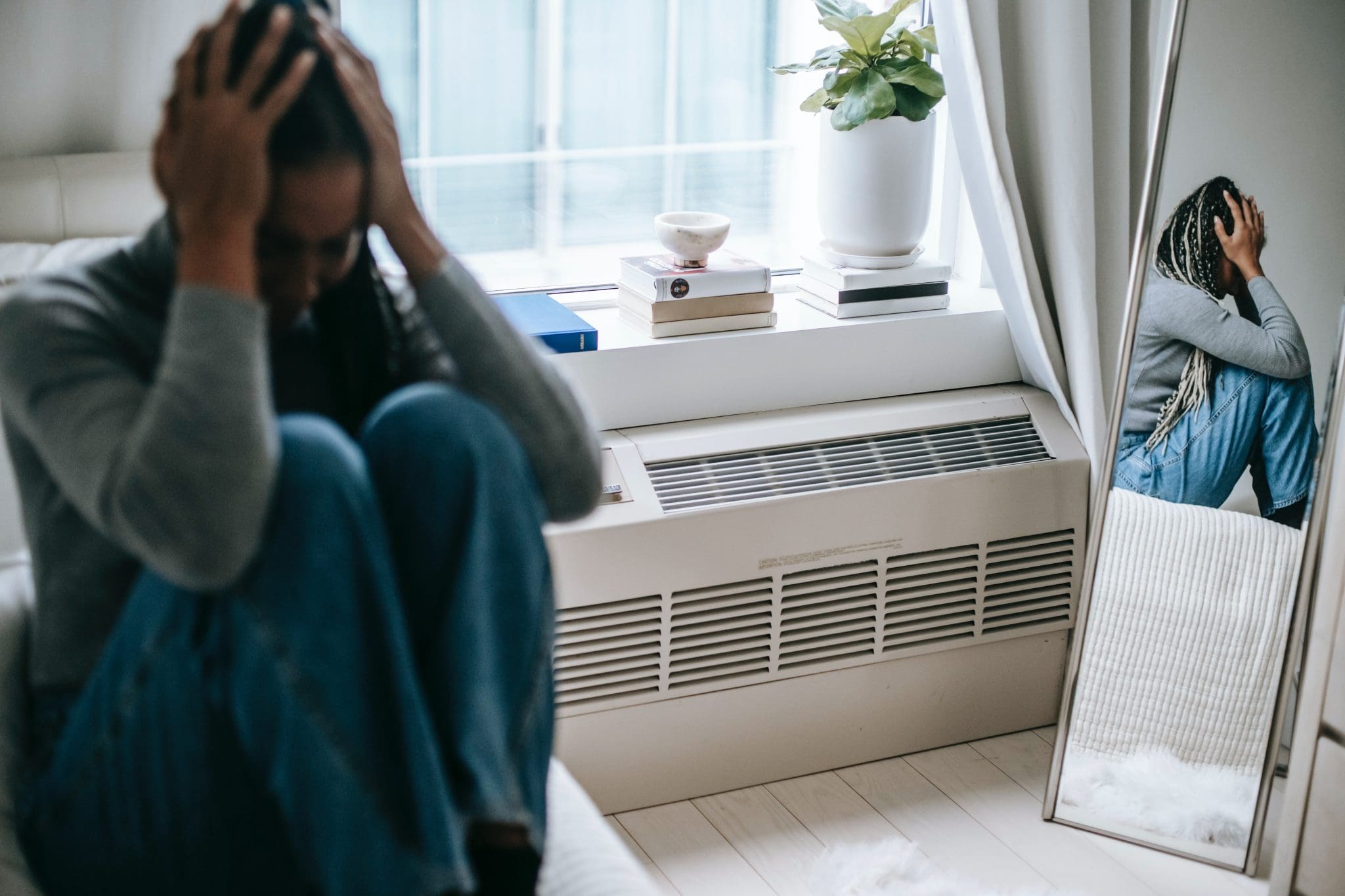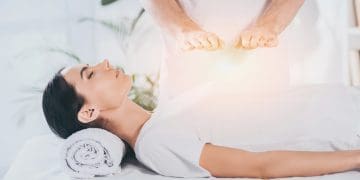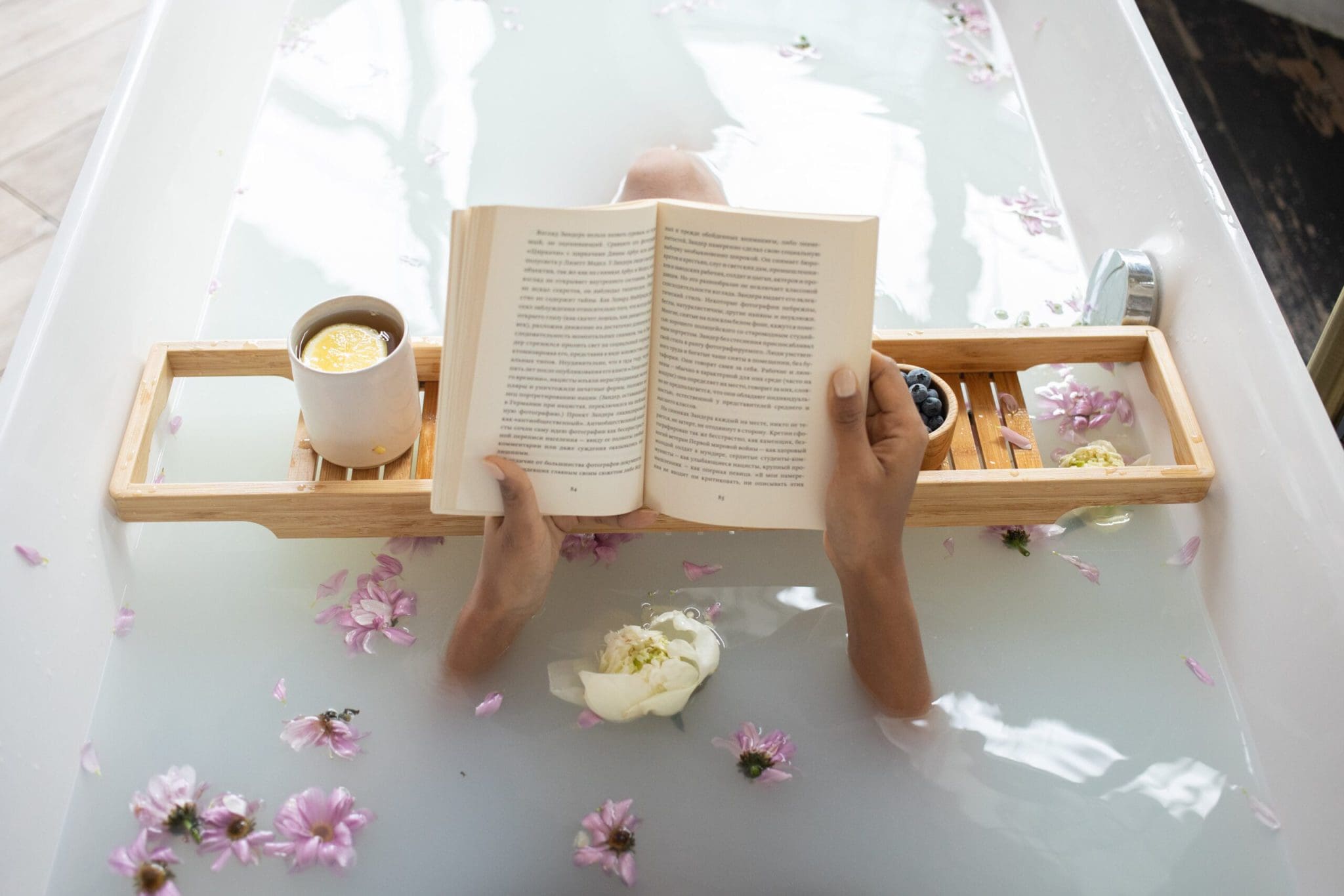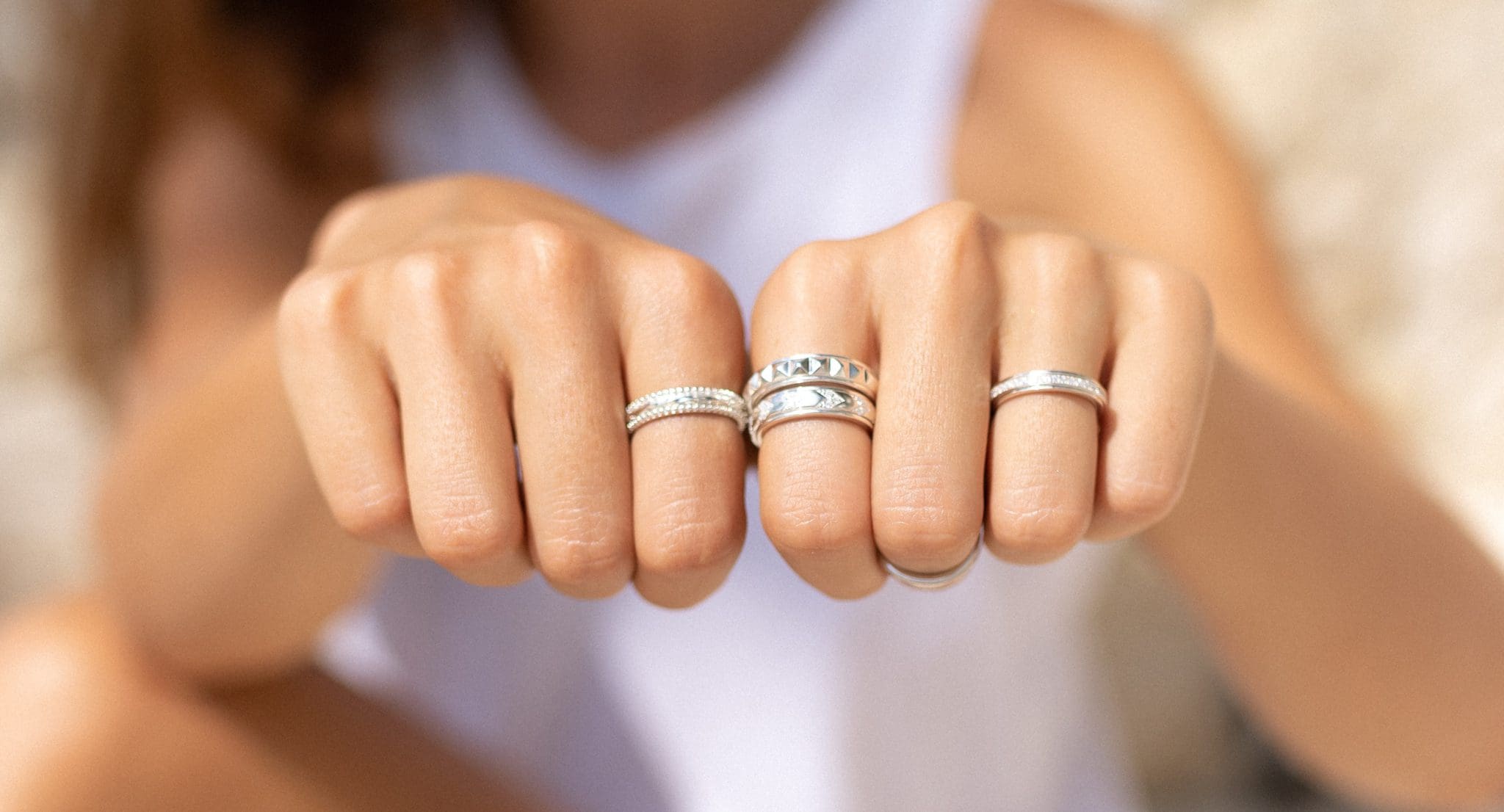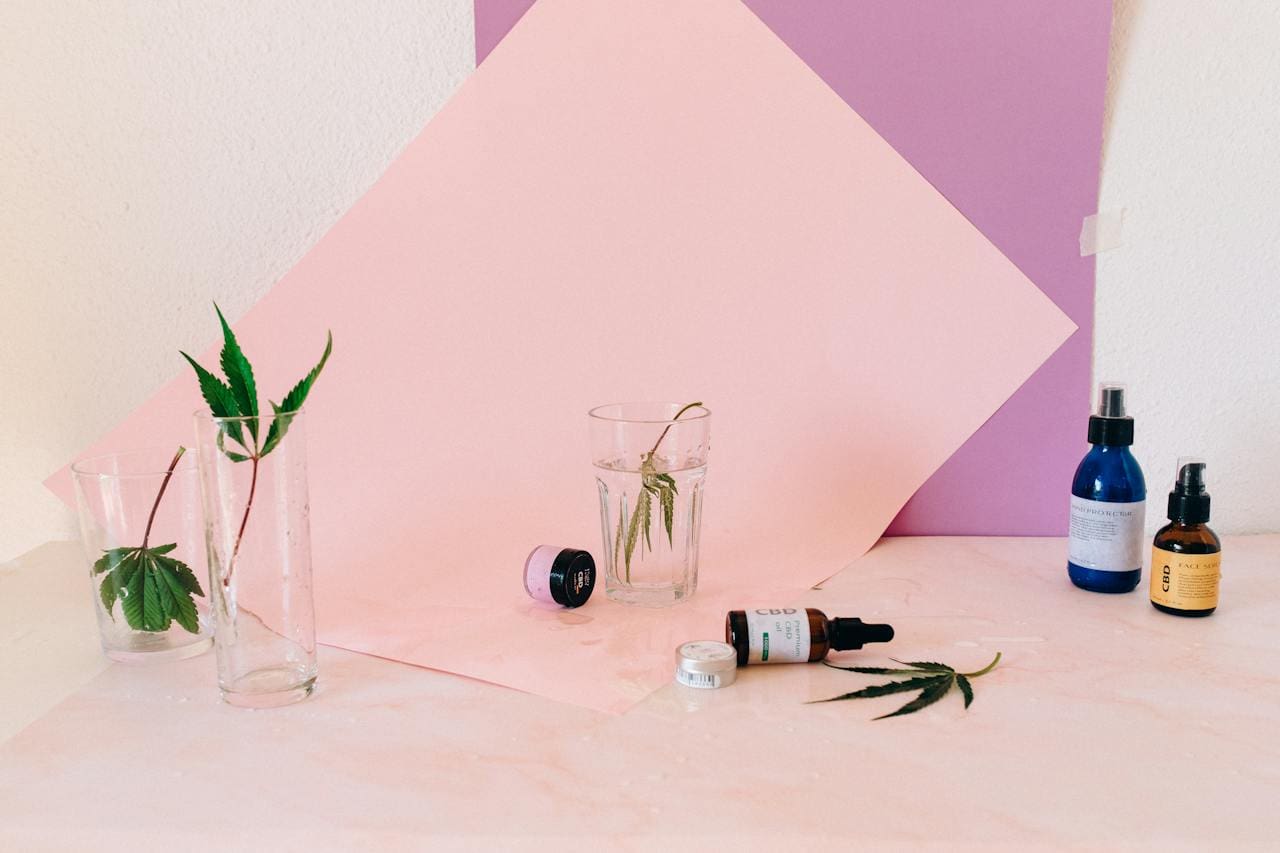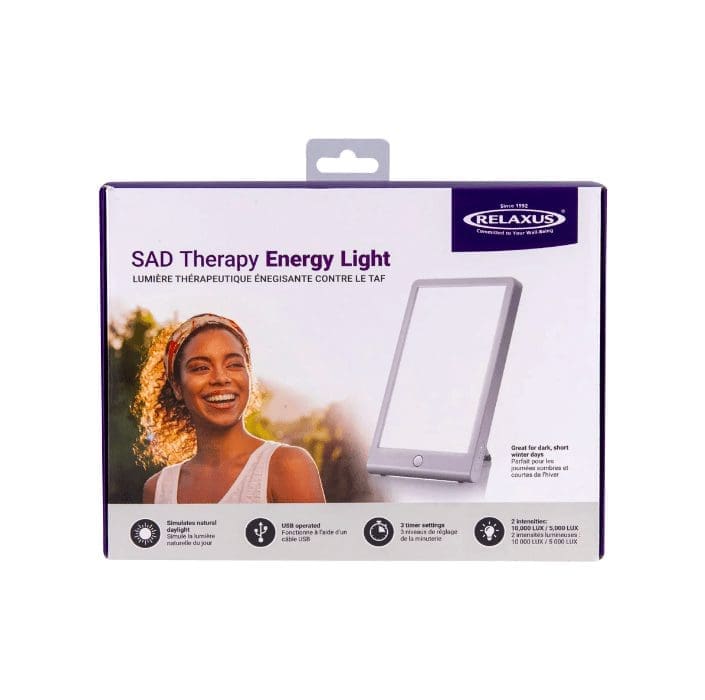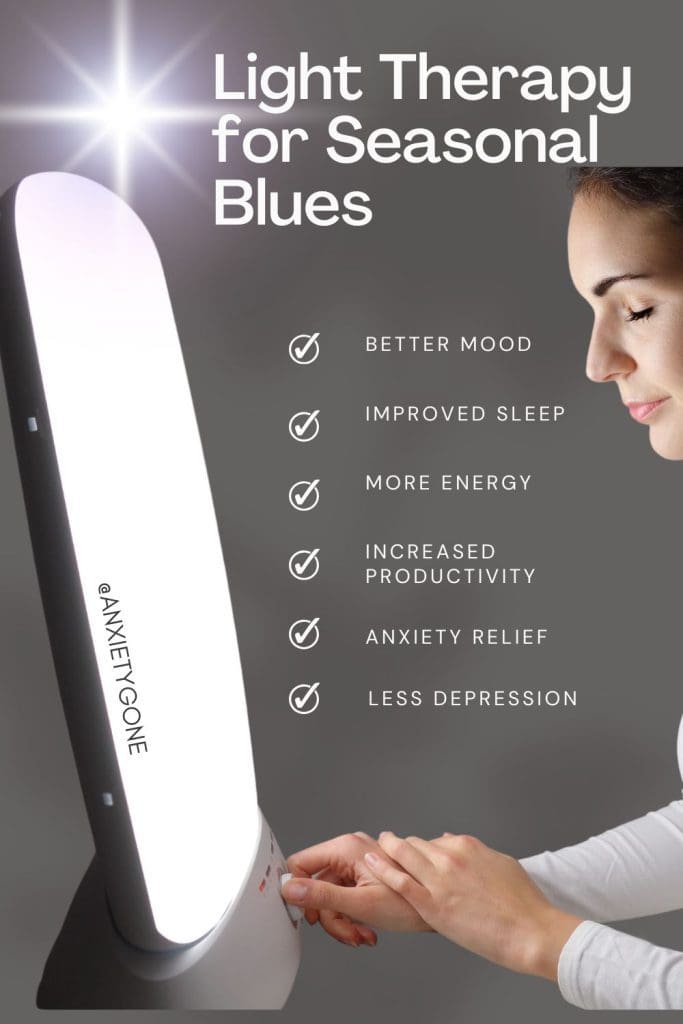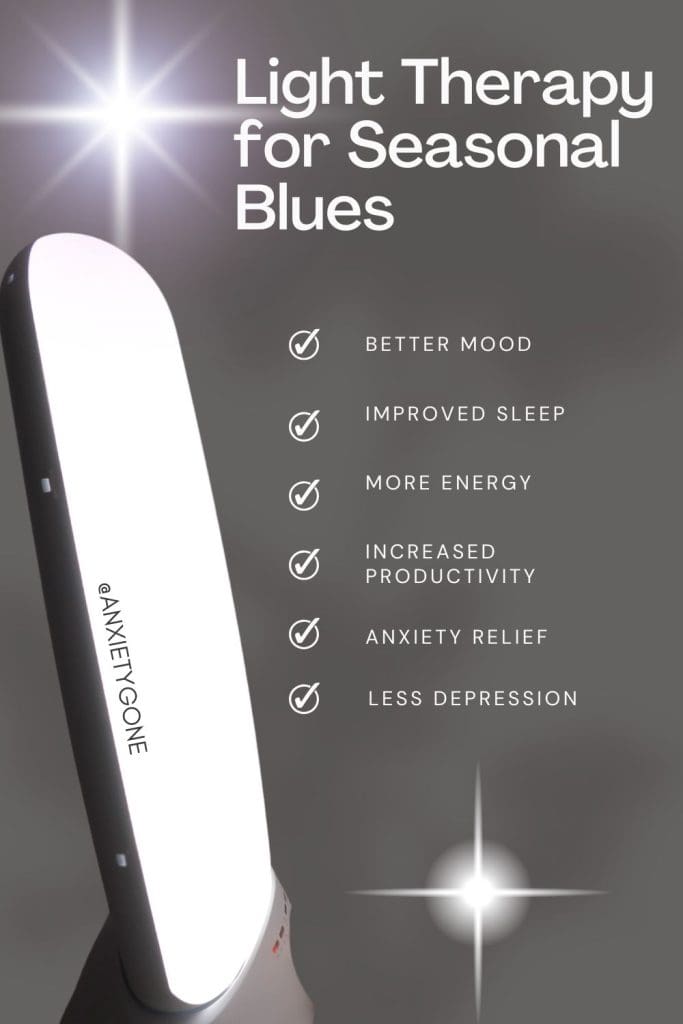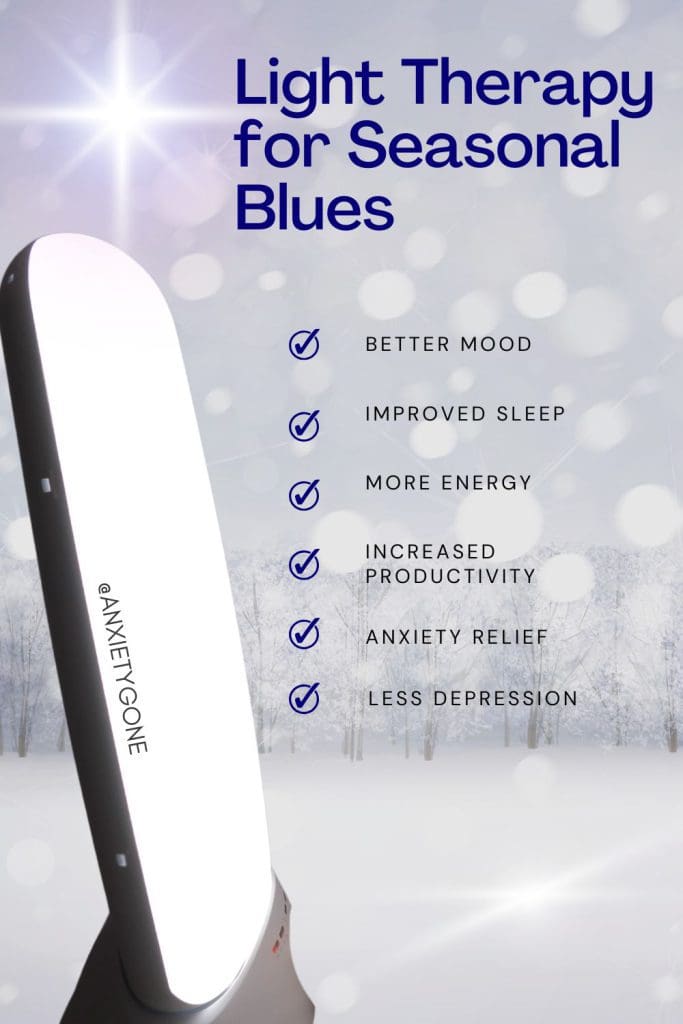Full Disclosure: Clicking on these links could mean a tiny commission for me, at no extra cost to you.
When the days grow shorter and the sun hides away, Seasonal Affective Disorder (SAD) can put a serious damper on your mental health. A seasonal affective disorder lamp, also known as a SAD light or SAD lamp, is a powerful tool for combating winter blues. These lamps mimic natural sunlight, helping to regulate your mood and energy levels. But with so many options, how do you choose the right one? Below, we simplify the process with 9 essential tips to ensure you find the perfect light therapy solution.
Advertisement
💚 Ready to Start Healing?
Therapy can change lives — and BetterHelp makes it easy. Get matched with one of 20,000+ licensed therapists and begin your journey from the comfort of home. Services start at just $65/week — no waiting rooms, no commute.
What is Light Therapy?
Light therapy is a non-invasive treatment that involves exposure to artificial light to help alleviate symptoms of anxiety, depression, and other mental health conditions. A seasonal affective disorder lamp, also known as a SAD light, is a specially designed device that emits light similar to natural sunlight. It’s a proven therapy for treating Seasonal Affective Disorder, a condition triggered by reduced exposure to sunlight during the fall and winter months. These lamps are also effective for boosting mood, improving focus, and regulating sleep cycles.
Best of all, you can do it right at home!
Buy Now: Available on Anxiety Gone
Why Light Therapy Works for SAD
Light therapy works by stimulating your brain’s production of serotonin, the “feel-good” chemical, and regulating melatonin, the hormone that controls sleep. Using a SAD light for about 20–30 minutes each morning can significantly reduce symptoms like fatigue, depression, and lack of focus.
Benefits of Using a SAD Light
The advantages of light therapy extend beyond alleviating the symptoms of Seasonal Affective Disorder 1. Here’s how a SAD lamp can improve your mental health and overall well-being:
1. Improved Mood
Light therapy increases serotonin production, helping to lift your mood and reduce feelings of sadness or depression.
2. Enhanced Energy Levels
By mimicking natural sunlight, SAD lamps can combat lethargy and boost your energy, especially during gloomy days.
3. Better Sleep Patterns
Exposure to bright light in the morning helps regulate your circadian rhythm, improving sleep quality and reducing insomnia.
4. Increased Productivity
Light therapy enhances focus and concentration, making it easier to tackle daily tasks and maintain high productivity.
5. Natural, Drug-Free Solution
Unlike medications, light therapy is a natural way to manage SAD and related conditions, with minimal side effects when used correctly.
6. Support for Anxiety Management
Light therapy can help reduce symptoms of anxiety by promoting relaxation and stabilizing emotional well-being, especially when paired with tools like crystals for anxiety or fidget rings.
7. Versatility for Other Conditions
In addition to SAD, light therapy has been shown to benefit individuals with non-seasonal depression, jet lag, and even certain sleep disorders.
How to Use a SAD Lamp
Using a SAD lamp effectively involves consistency and proper positioning. Follow these steps for optimal results:
1. Place the Lamp Correctly
Position the lamp about 16–24 inches from your face. The light should hit your eyes indirectly, so avoid staring directly at it.
2. Use It in the Morning
Start your day with light therapy. Using the lamp within an hour of waking up helps reset your body’s internal clock and improves energy levels.
3. Set the Duration
Aim for 20–30 minutes of light exposure daily. Begin with shorter sessions and gradually increase if needed.
4. Be Consistent
Incorporate the lamp into your daily routine for the best results. Regular use is key to combating SAD symptoms effectively.
5. Pair with Activities
Use the lamp while working, reading, or enjoying your morning coffee. This makes the process effortless and enjoyable.
6. Avoid Evening Use
Avoid using the lamp late in the day as it may interfere with your sleep by disrupting melatonin production.
Take the Next Step Toward Recovery
Ketamine therapy is a breakthrough option for those struggling with depression when other treatments haven’t worked. Backed by science and guided by experts, this at-home experience can help you regain control of your mental well-being.
Things You Need To Know Before Using a SAD Light
With any type of therapy, it’s highly recommended to know as much information as possible prior to starting. As such, we’ve created a list of things to know before using a SAD light to treat seasonal depression and anxiety.
1. Brightness Levels
Look for lamps that emit 10,000 lux of light. This intensity is ideal for effective light therapy without straining your eyes.
2. UV-Free Light
Ensure the lamp is UV-free to avoid skin damage. High-quality seasonal affective disorder lights filter out harmful ultraviolet rays, prioritizing safety.
3. Lamp Size and Design
Choose a lamp that suits your space. Compact designs work well for desks, while larger models are ideal for broader coverage in living rooms.
4. Adjustability and Timer Features
A SAD lamp with adjustable brightness levels and built-in timers offers flexibility and convenience, tailoring your therapy session to your needs.
5. Light Color Options
Some SAD lamps provide multiple light settings, from cool white to warm tones. Experimenting with these can help find the most soothing option for you.
6. Certification and Safety Standards
Look for lamps certified by organizations like the FDA or other health bodies to ensure they meet safety and efficacy standards.
7. Portability
If you’re always on the go, consider portable SAD lights. Lightweight and travel-friendly models ensure your therapy stays consistent.
8. Price
While budget-friendly options are tempting, investing in a durable, high-quality lamp can save you money in the long run.
9. Consistency is Key
To experience the full benefits, use light therapy consistently. Daily sessions, especially during the fall and winter months for Seasonal Affective Disorder (SAD), are typically recommended. Most importantly, don’t forgo your SAD lamp self care when you start to feel better. This is the light therapy working. Keep it up.
Final Thoughts on Seasonal Affective Disorder Lamps
A seasonal affective disorder lamp is an invaluable tool for beating the winter blues. By considering factors like brightness, adjustability, and portability, you can find a SAD light that suits your needs perfectly. Combine light therapy with accessories like fidget rings, crystals for healing, and thoughtful gifts to create a holistic approach to well-being.
Whether the winter months cast shadows on your mood or you’re looking to infuse your self care routine with a dose of positivity, SAD lamps stand ready to brighten your days and uplift your spirits.
Additional Resources
At Anxiety Gone, we believe in healing together. We’ve partnered with trusted wellness organizations to bring you the most effective tools, insights, and support. Some links may earn us a commission — always at no extra cost to you.
Join The Club
Connect with our private self-care community for daily support, exclusive tips, and inspiration. Join us today
Talk Therapy
Get matched with licensed therapists online through BetterHelp and begin your healing today. Start now
Hims/Hers
Receive personalized, affordable mental health care + medication from home — no insurance required. Learn more
Mental Health, Right to your Inbox
Subscribe to our newsletter for a place to rest your mental health and find ways to support your journey. Sign up
Emotional Freedom Technique
Tap your way to calm with scientifically backed stress relief. Our readers receive a 14-day free trial! Try EFT now
Mindfulness App
Access 2,000+ guided practices to support your mental health wherever you are + exclusive discount when you upgrade Try it
Online Breathwork
Experience calm and reset your nervous system with guided sessions and receive your first month free . Get started
Find a Helpline
If you need immediate support, visit our directory to find help near you. See helplines



